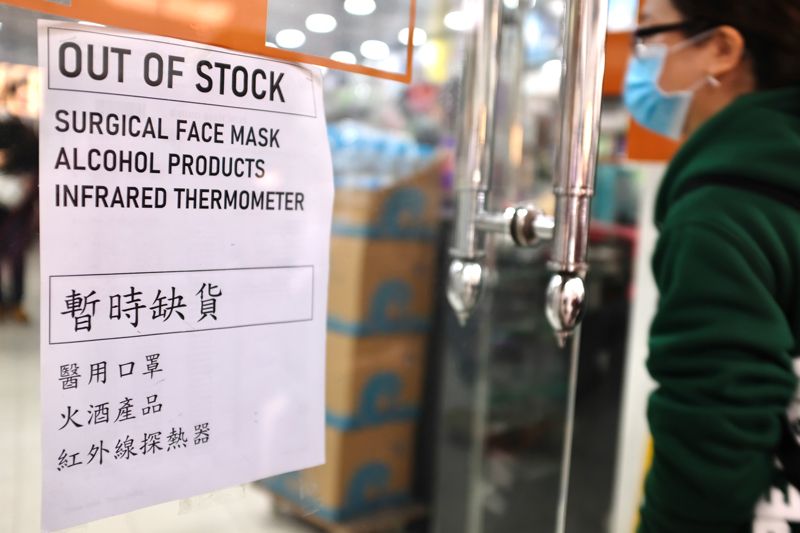呼吁所有冠状病毒研究人员: 保持分享,保持开放
Calling all coronavirus researchers: keep sharing, stay open
As the new coronavirus continues its deadly spread, researchers must ensure that their work on this outbreak is shared rapidly and openly.
 As coronavirus cases mount, diagnostic kits and other supplies are running low.Credit: May James/Echoes Wire/Barcroft Media/Getty
As coronavirus cases mount, diagnostic kits and other supplies are running low.Credit: May James/Echoes Wire/Barcroft Media/Getty
Twenty thousand cases; more than 400 lives lost. The coronavirus first reported last December is now a public-health emergency of international concern. In China, cities have been sealed off, and the authorities have built an entire new hospital in Wuhan, where the outbreak started.
Along with medical workers, the country’s researchers are playing a vital part. Epidemiologists are working to update estimates of case numbers; genome samples of the pathogen are being sequenced and results are being shared.
In two papers in Nature, teams led by researchers at the Wuhan Institute of Virology and at Fudan University, Shanghai, confirm that the virus is similar to the one that caused severe acute respiratory syndrome (SARS), and that there’s evidence it originated in bats. The Wuhan team analysed viral-genome samples from a small number of patients, all of whom worked at the animal market from which the first cases were reported (P. Zhou et al. Nature http://doi.org/ggj5cg; 2020). The Fudan team sequenced a sample from one infected market worker (F. Wu et al. Nature http://doi.org/dk2w; 2020).
In the first days after the outbreak became known, we confirmed that reporting research and data will in no way affect consideration of submissions to Nature. Nature and its publisher Springer Nature have now signed a joint statement with other publishers, funders and scientific societies to ensure the rapid sharing of research data and findings relevant to the coronavirus. In the statement, we commit to working together to help ensure that:
All peer-reviewed research publications relevant to the outbreak are made immediately open access, or freely available at least for the duration of the outbreak.
Research findings relevant to the outbreak are shared immediately with the World Health Organization (WHO) upon journal submission, by the journal and with author knowledge.
Research findings are made available via preprint servers before journal publication, or via platforms that make papers openly accessible before peer review, with clear statements regarding the availability of underlying data.
Researchers share interim and final research data relating to the outbreak, together with protocols and standards used to collect the data, as rapidly and widely as possible — including with public health and research communities and the WHO.
The priority now is to stop the virus’s spread and help those affected. That includes understanding how the virus is transmitted between people, ramping up supplies of diagnostic equipment and accelerating vaccine development. Beyond this, questions are being asked about whether there were delays in sounding the alarm. Answering this honestly is necessary if we are to learn lessons for next time. It’s also essential to improve regulation of animal markets, because lax oversight increases the risk of new viruses transferring from animals to humans. And funds must be released for better disease surveillance in the poorest countries — the main reason the WHO declared the virus a public-health emergency of international concern.
For researchers, the message is simple: work hard to understand and combat this infectious disease; make that work of the highest standard; and make results quickly available to the world.